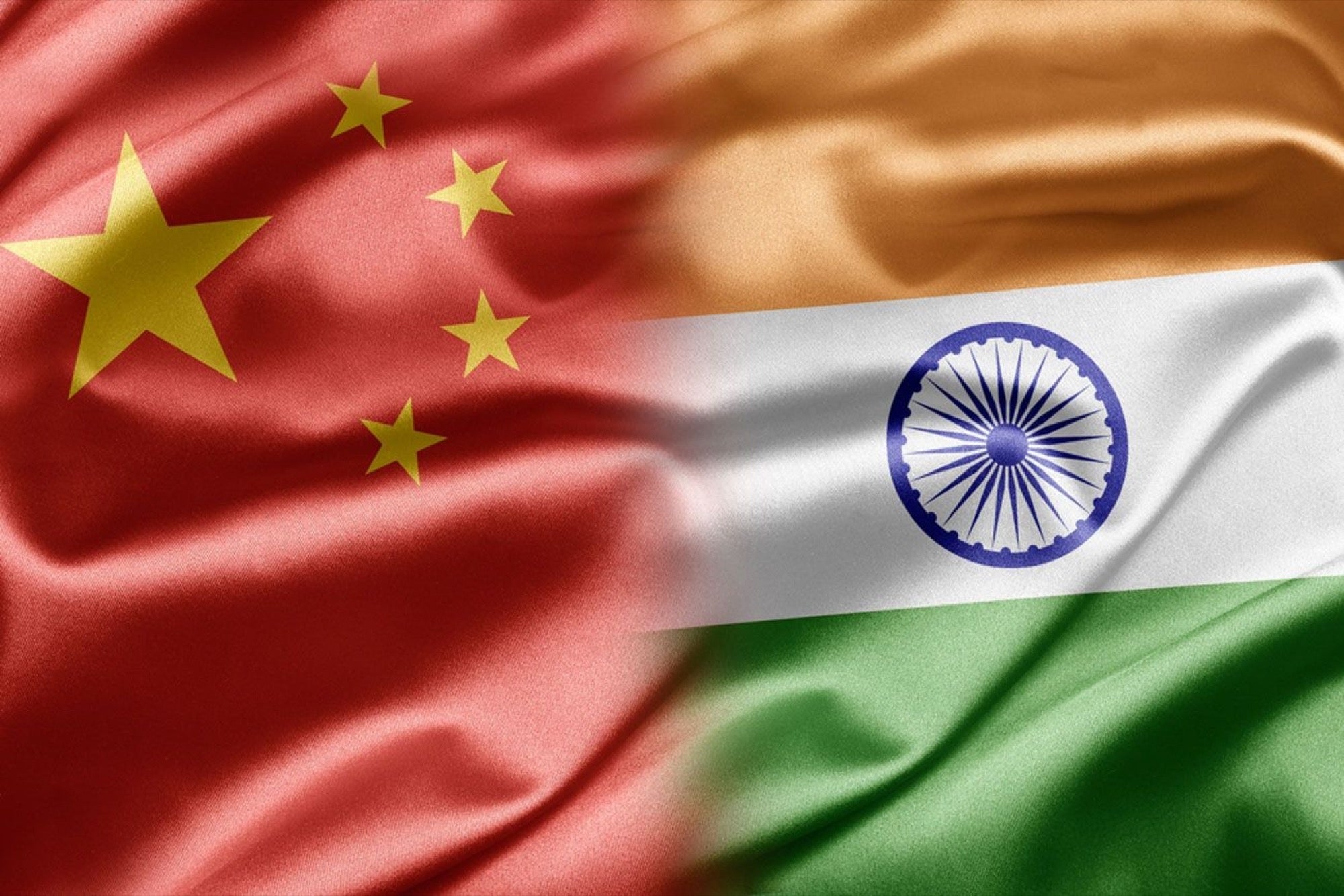India has an Edge over China in Tapping the Exports Market for Bags The current market size of the backpackers and luggage backs of India is at INR 20,000 crore, whereas the domestic and export market of China is INR 3,00,000 crore
By Tushar Jain
Opinions expressed by Entrepreneur contributors are their own.
You're reading Entrepreneur India, an international franchise of Entrepreneur Media.

The world is changing in many ways than one. The developed countries which traditionally accounted for the lion's share in the economics of the world are now gradually plummeting in favour of growing economies of the East. The past 20 years have witnessed China and India as the fastest emerging economies in the world. Both the economies are steadfastly competing to grab a sizeable chunk of economic gains by strengthening their manufacturing capability and providing the world with their goods through large-scale exports of products in various categories.
Tailor-Made Bags
One such category is the exports of tailor-made bags in which India has an edge over China in terms of cost of labour, tariffs and proximity to international markets. The biggest differentiator would be the common infrastructure which needs to be created by the Government of India to thrive this sector. The manufacturing clusters should be created wherein the Government needs to invest in common infrastructure and promote the sector at large. This would create 1,00,000 jobs to start with and can go up to 3,00,000 jobs in the long run.
India has skilled labour available at best prices as compared to China. Currently, India has fewer tariff sanctions as compared to China. Our proximity to UAE and other developed countries would allow us to save on transportation cost. The government of India's efforts in the last four years to reach out to all the leading nations in the world have really built strong trade bilateral relationships with these countries. One can really leverage these relations by developing the good export market in India.
FDI
Since India has opened its market to the world with FDI (Foreign Direct Investments), ease of doing business in the country, more and more international players are entering India for setting up their businesses. These large MNCs have set up their manufacturing base in India to tap the local demand and also domestic players who are benefited as they can associate with some of these foreign players for contract manufacturing. Overall the segment would expand domestically and also can tap the international market. In the larger scheme of things, India has been able to give stiff-neck competition to China and created a market intentionally for its manufactured products.
India is seeing mushrooming of entrepreneurs in the field of design and manufacturing of bags, who cater to all kinds of taste for the international and domestic market. The country has very few design institutes and there is a need for more universities which can train workforce requirement for this industry.
The New Trend
The concept of owning bags per household has now moved to the concept of per person owning a number of bags. Apart from this, the same concept is equally relevant to the home market where one bag is not sufficient per person. The current market size of the backpackers and luggage backs of India is at INR 20,000 crores, whereas the domestic and export market of China is Rs. 3,00,000 crore.
The world has been a witness to the fact that trade competitiveness in the world market is a function of comparative cost advantage. The fact is though China's economy is five times larger than India's and its manufacturing sector is ten times India's, it certainly has an added advantage over India with regards to creating a global market for its products even then India is taking a leap over China in some of the product categories where India has grown a demand internationally for its manufactured products with fine craftsmanship, saving on labour and procurement cost.
The Make in India, initiate of Government of India is a huge success and has created a good number of jobs and have attracted Fortune 500 companies to set up their manufacturing base across various States in the country. Sectorial cluster development and huge investments in creating common infrastructure would make India manufacturing hub for world's branded bags.










